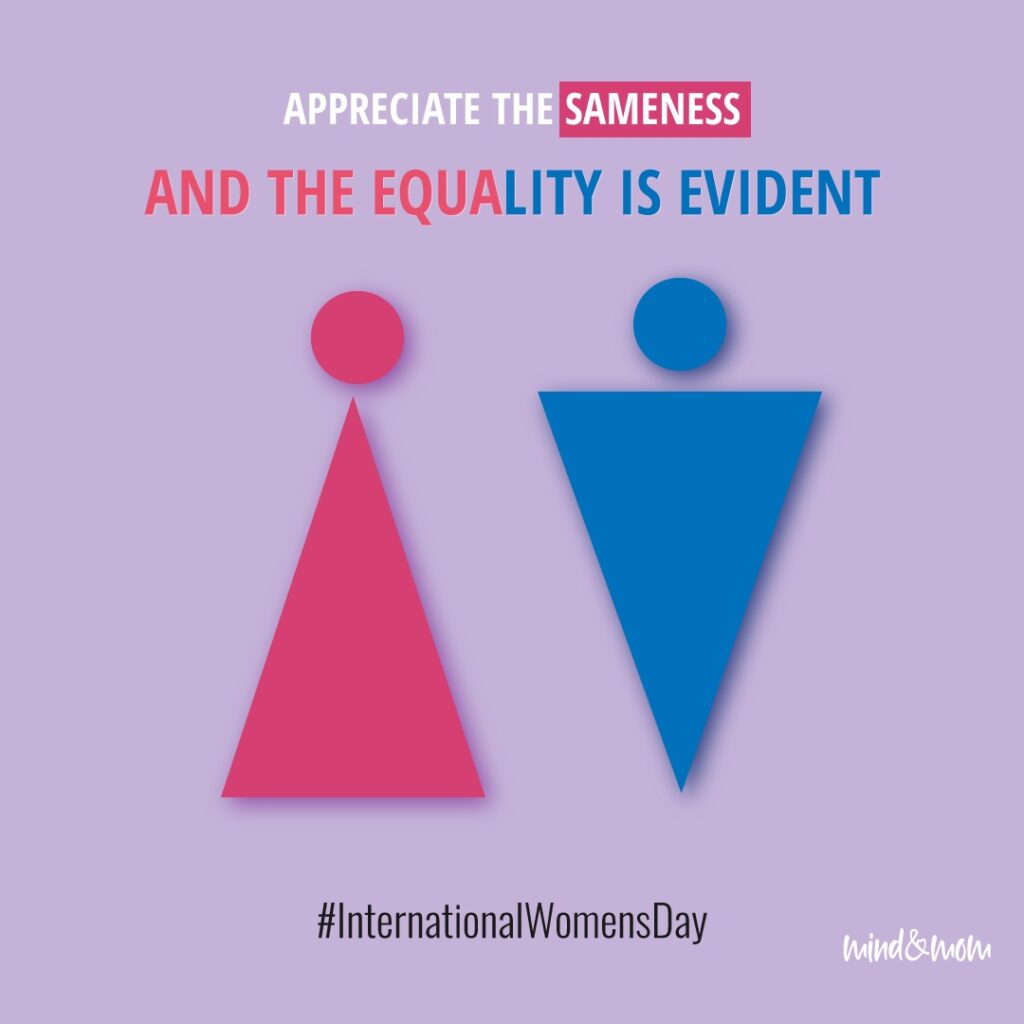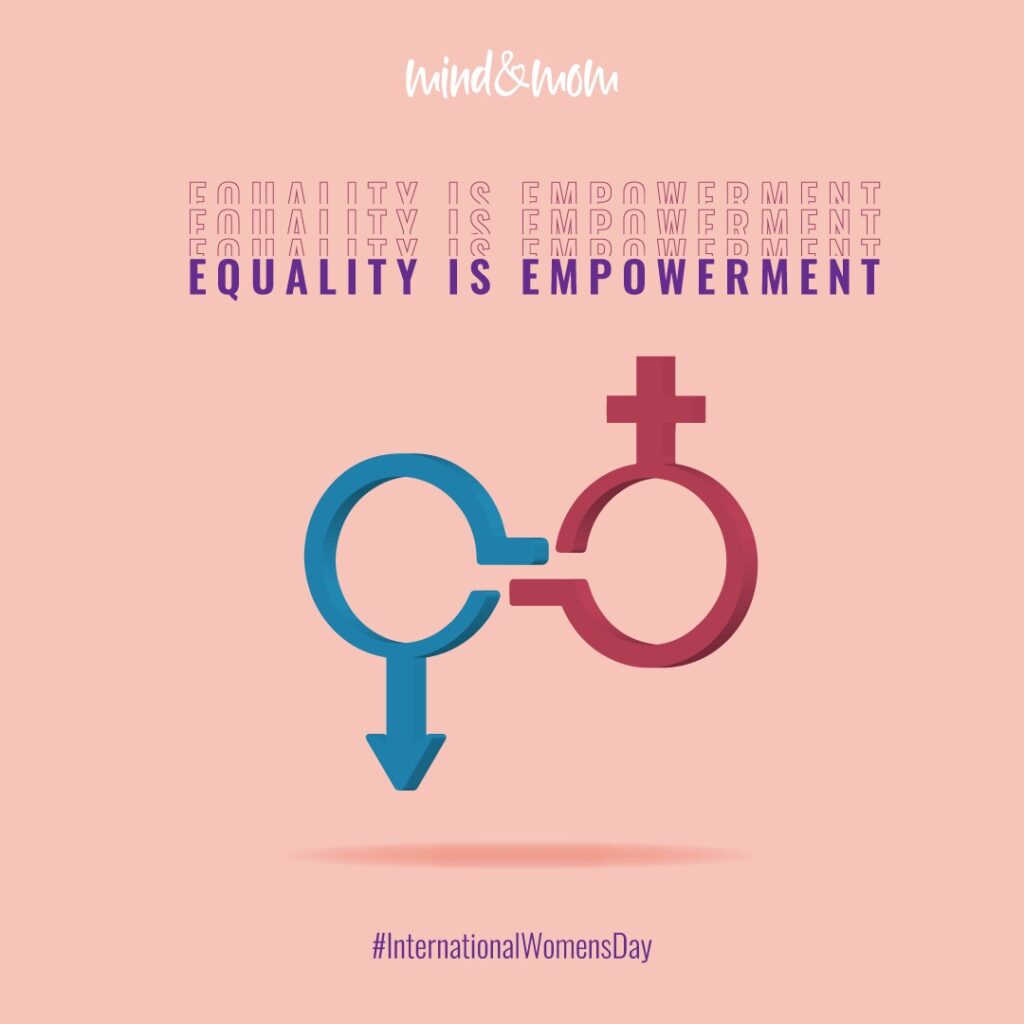Women’s empowerment and promoting women’s rights have emerged as a part of a major global movement and is continuing to break new ground in recent years. What have to be rights by birth are rarely acknowledged or outright denied to the female sex of the human race, because of the patriarchy. With this arose the need for women empowerment to promote women’s sense of self-worth, their ability to determine their own choices, and their right to influence social change for themselves and others. Though the majority dislike the term, it came into existence because of the necessity created by men considering themselves to be the superior sex of the human race and the women accepting and abiding to every rule that makes them submissive.
‘Are not we doing a disservice to allow women ; to us, to be in this state of powerlessness?’
What is the best way to empower a woman? Is it through confidence and self-assurance? Or, does empowerment come from success in all aspects of life-including those that are traditionally reserved for men? One thing is for certain: Society’s expectations or stereotypes, should not limit women. If we want to see change, we must take responsibility and make it happen ourselves.
Education is the seed to women's empowerment!
One can truly feel empowered only when they can make a difference for themselves first. Today, many young girls face significant barriers to access education (primary, secondary and higher education), in obtaining decent and remunerative employment, in accessing finance, etc. Their education is often considered a low priority, when in fact it is a first step towards their emancipation and empowerment.
‘If investing in women is smart economics; investing in girls is smarter.’
Education acts as the seed for the growth of any individual. It opens doors for work opportunities which in turn give financial independence. These economic opportunities then play a central role in social relations and enable women to assert themselves as members of economic society, and help grow the country’s economy.
The world of work and Economic Empowerment:
Women’s economic empowerment is central to realizing women’s rights and gender equality. I am not going to lie, it is an uphill battle for most women. Various industries have made us believe that they are offering opportunities for women. It maybe true in comparison to some sectors which does not employ women. But, the actual ratio of men to women workers makes us believe otherwise in every field.
The effect starts from home. How many of you are denied the right to work by your own family? For the other lucky women, how many of you have faced rejection in job interviews just because you are in your 20s or a mother? Congratulations to those who have surpassed such difficulties and landed your dream job! But, are you being paid the same as your male colleagues? Or do you have to work twice as hard as them to earn that pay? Is your voice as loud as theirs? Do you feel safe at your workplace or in a constant fear of harassment?
The same world finds it aghast if we pose similar questions to men.

Statistically, globally, over 2.7 billion women are legally restricted from having the same choice of jobs as men. Of 189 economies assessed in 2018, 104 economies still have laws preventing women from working in specific jobs, 59 economies have no laws on sexual harassment in the workplace, and in 18 countries, husbands can legally prevent their wives from working. This is the sad reality, which urges women to fight for what is truly theirs!
“Women are just one quarter of those who are managers, they are one quarter of parliamentarians around the world, they are one-quarter of those who negotiate climate change, less than one quarter of those who negotiate peace agreements. One quarter is not equality. Equality is half.”
– Humanize Mlambo-Ngcuka, executive director of U.N. Women
Who cares? Women do!
Women shoulder most of the burden of the world’s unpaid child care, elderly care and domestic work. All too often, their labor is simply taken for granted. Yet on an average, it amounts to half a day’s work, every single day. If more of that time was truly free, women could spend it as they see fit. If an average global minimal wage was paid, it would be total 11 trillion dollars.
Re-organize!
“To re balance the inequalities of unpaid care and domestic work, this specialist in organizational management has developed a life management system that helps couples share the load, freeing up time for women to engage in other pursuits.”
-Eve Rodsky.
When this happens, women will thrive in their workplace and every country will really see their GDPs rising.
Women, politics and global development
Equal participation of women in political life drives greater inclusivity, stability and sustainable prosperity. Women leaders are more likely to create a collaborative environment that represents the needs of communities. Their input positively impacts policy making, creating opportunities to improve well-being and quality of life. Only when women have access to the health care they need, their families and communities can be healthy as well.
“The world does not need another million words. The world needs the action of one times a million.'”-Clover Hagen (climatic activist)
Women are now claiming the socio-political rights for themselves (right to work, right to education, right to decide, etc). The Parliament of India too has passed various legislation to save women from various forms of injustice and discrimination. To empower women there are some following laws,
equal Remuneration Act-1976; Dowry Prohibition Act-1961; Immoral Traffic (Prevention) Act-1956, Medical termination of Pregnancy Act-1971; Maternity Benefit Act-1961; Commission of Sati (Prevention) Act-1987; Prohibition of Child Marriage Act-2006; Pre-Conception & Pre-Natal Diagnostic Techniques (Regulation and Prevention of Misuse) Act-1994; and Sexual Harassment of Women at Work Place (Prevention, Protection and) Act-2013.
Juvenile Justice (Care and Protection of Children) Bill, 2015 which states the juvenile age inviting punishment for offense now stands reduced from 18 to 16 years, considering many cases.
Women related legislation in India
Moreover, some of the ideologies that women in power share, are groundbreaking in terms of drawing the patriarchy down. Let’s reset our priorities and build our resilience. Across the world, women are already showing the way!

We need to be cognizant of the culture we create and participate in. So here we go!
Women Empowerment: what does it imply? To empower women means giving them the same power as men have had for centuries. It means giving them equal opportunity in jobs, education, childcare decisions, etc. And most importantly empowering them to believe they are strong enough to do whatever they set their mind on achieving no matter how difficult or challenging it may be.
Our daughter’s future is in our hands and it’s up to us to ensure she has all the opportunities available. So let us be the generation to end this injustice of inequality and be the change!

